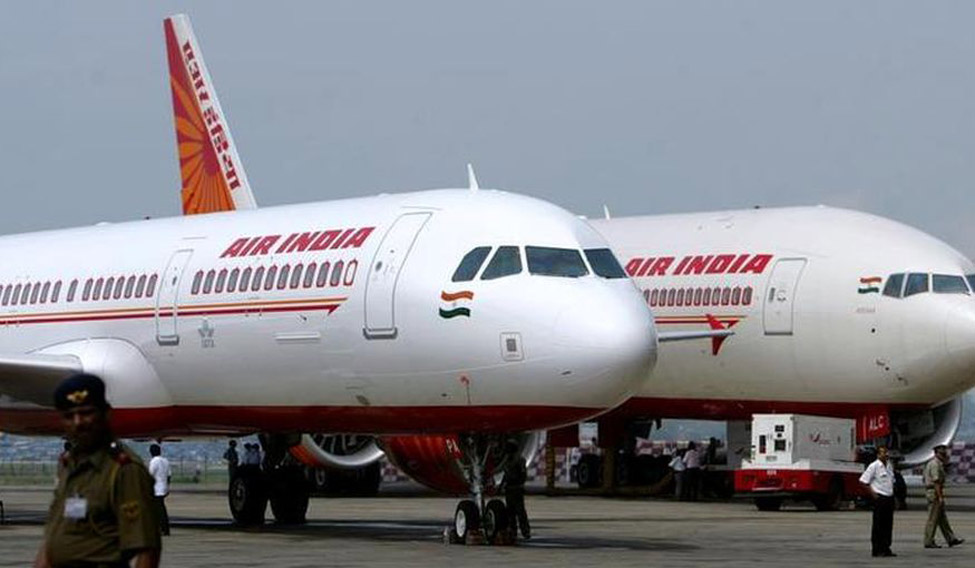Moving ahead on the proposal for privatisation, the Union cabinet on Wednesday gave its in-principle approval for divestment of Air India, whose debt has mounted to Rs 50,000 crore besides huge losses.
"In-principle approval for Air India divestment has been given," Finance Minister Arun Jaitley told a press briefing after the cabinet meeting chaired by Prime Minister Narendra Modi.
"The Civil Aviation Ministry's proposal for formation of a group under the chairmanship of the Finance Minister to decide the modalities of divestment process has also been accepted," he said.
Apart from Jaitley, the group will include Civil Aviation Minister Ashok Gajapathi Raju and some other ministers to be decided by the Prime Minister.
The group will guide the process on strategic divestment and decide that the treatment of unsustainable debt of Air India and hiving-off of certain assets to a shell company, officials said.
The demerger and strategic divestment of three profit making subsidiaries, the quantum of disinvestment and the universe of bidders will also be taken up by the ministerial group to be headed by Jaitley.
Jaitley has in the recent past expressed strong views on the need to divest Air India considering that it had acquired heavy losses over a long period.
"There are many private airlines like Jet Airways, IndiGo, GoAir. If 86 per cent of the aviation market can be handled by private sector, then 100 per cent can also be handled by the private sector," Jaitley had said.
National passenger carrier Air India currently has a market share of 14 per cent and a debt of Rs 50,000 crore. The private airlines enjoy 86 per cent of the market share.
"Air India has a debt of Rs 50,000 crore. Its valuation of aircrafts will be at Rs 20,000-25,000 crore. The civil aviation ministry is exploring all possibilities," Jaitley had said.
Minister of State for Civil Aviation Jayant Sinha had also said that Air India's debt needs to be reduced and balance sheet restructured as part of its financial transformation.
"Air India's balance sheet has to be restructured and debt reduced. The other issue is that corporate governance and professional management need to be put in place. Besides it has to be seen how best use can be made of the non-core assets of Air India," Sinha had said.
In a recent report to the Civil Aviation Ministry, the NITI Aayog recommended strategic disinvestment in the loss-making Air India, by which government control would be transferred to a private owner.
Currently, Air India's international network consists of 41 destinations across the US, Europe, Australia, Far East and South East Asia and the Gulf.
The airline's domestic network covers 72 destinations, including far-flung areas of the North-East, Ladakh, Andaman and Nicobar Islands.





